Contrary to popular opinion, the group of singers specializing in real voices have a sustainable, stable career and relatively less pressure compared to S- and A-list stars.
Vocalist on the throne
Singing ability is a prerequisite to pursue a singing career, but not all singers sing well. They also have other factors such as performance, style, creativity...
Therefore, the concept of "vocalist" was born with a narrow meaning to refer to a group of singers who develop their voice and singing skills to the highest level and at the same time build their personal brand from this factor.
In Vietnam, typical vocalists today include: Uyen Linh, Quoc Thien, Trung Quan, Van Mai Huong, Hoa Minzy, Lan Nha, Vu Cat Tuong, Tang Phuc, Phuong Linh, Ha Nhi...
They all have one thing in common: they have participated in or achieved high rankings in purely musical singing competitions. The Voice, Vietnam Idol ...
In recent years, along with economic development, the demand for entertainment, especially listening to "live" music, has increased. Small and medium-sized stages have been born in series to meet this demand. Without having to spend a lot of money, the audience can still listen to singers sing live, interact with them at a close distance.

Therefore, this type of stage gradually dominates over large stages such as theaters, stadiums, gymnasiums...
The combination of small and medium-sized stages and vocalist groups creates a new direction for both sides. The concerts only have 200 - 1,000 audiences, with a wide range of ticket prices from 150,000 VND - 2 million VND, so it is not difficult to sell tickets, so it can be held regularly every week, even several shows/week.
With the mandatory requirement of singing live and skipping the performance element, vocalists became the first choice. Therefore, the two sides created the perfect combination.
According to private sources VietNamNet, vocalists have an average salary of 150-250 million VND. Some faces get up to 300 million VND and less famous names get around 100 million VND.
However, when singing on small stages, they accept to choose a different way of calculating their salary, specifically dividing the actual revenue, at a ratio of 50:50 or 60:40 depending on the place. For example, if the concert earns 200 million VND, the singer will only receive 100 million.

Vocalists accept this form to maintain a stable monthly show volume and maintain close relationships with managers.
Happy but not easy
Most audiences believe that S and A-list singers "live the best" with sky-high salaries, but in reality, that's not entirely true.
To have shows and maintain their position, they are forced to maintain the release of new products even when they are creatively and/or financially exhausted.
Every product that costs billions of dong can be a big blow that can shake their position if it does not achieve the expected results.
If they are lucky, this group of stars will have to operate their careers in an endless cycle of releasing new products and running shows to earn money. If they are not, they will obviously feel the terrible pressure of their careers starting to decline.
In showbiz, some names were confirmed by show organizers as A-list stars, after a super hit product their salary was raised to 700 million VND but for the next 2 years there were almost no shows.

In contrast to stars who are always under great pressure, vocalists live more on their voices than their products.
Quoc Thien, Vu Cat Tuong, Tang Phuc, Ha Nhi... are quite diligent in making new products. But if they wanted to, they could completely not release a product for 7 years like Uyen Linh, 9 years like Phuong Linh or make cover products like Lan Nha.
Instead of spending their income on new products, they tend to invest in suitable financial channels, such as real estate.
So, to some extent, this group of singers has a stable economy. Most recently, singer Uyen Linh and Quoc Thien only spent a part of their savings to hold their personal live shows, without spending all their money or having to borrow more, and without depending on sponsors.
This is not the basis for evaluating a singer's professional attitude because not everyone has the need to dig deep, explore music or desire to make their mark in the profession.
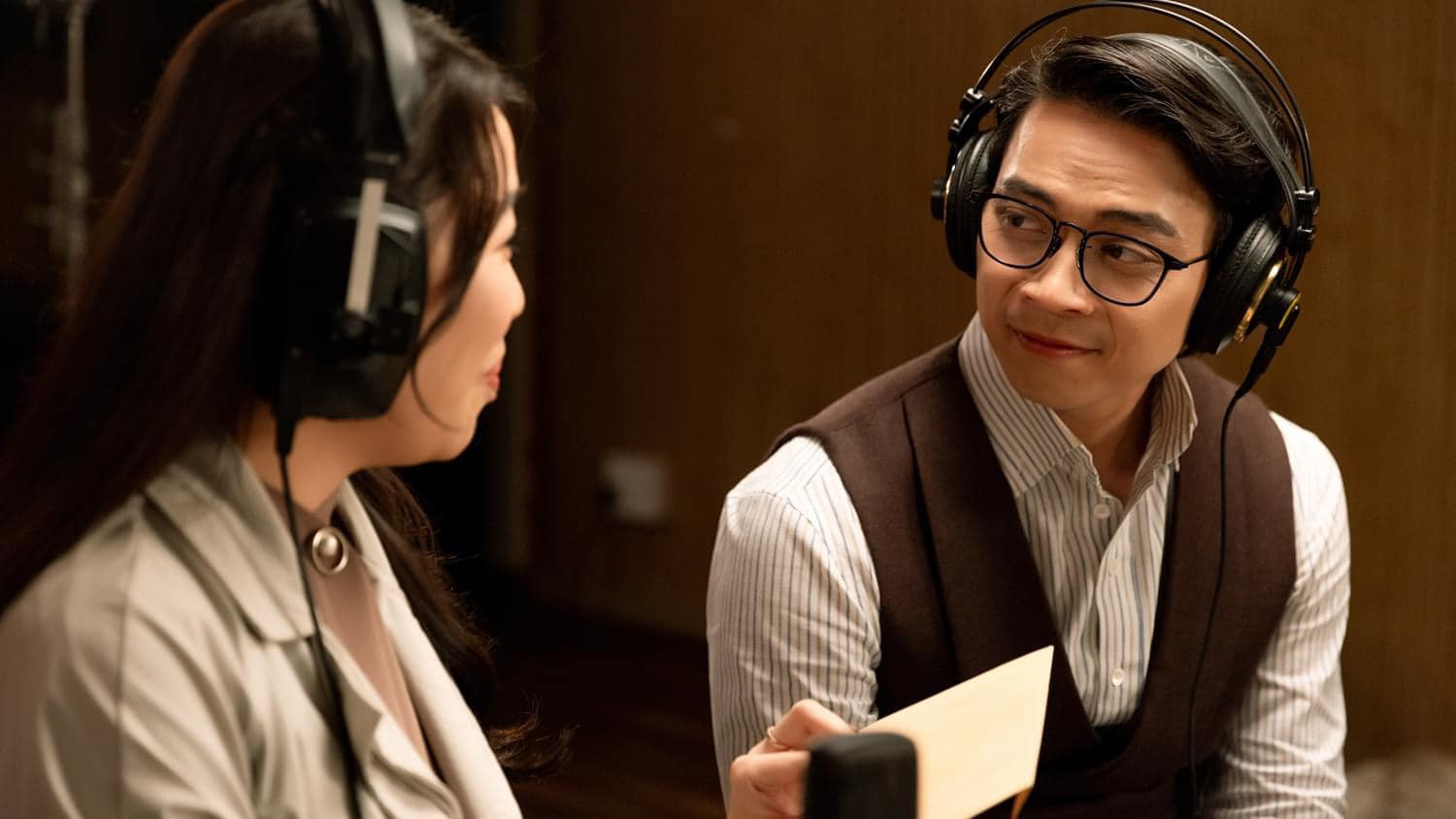
On the other hand, vocalist groups often do not have a strong fandom like stars, and their products are difficult to compete in terms of achievements. They only need a few songs of their own to avoid being 100% covered at music nights. Because of this characteristic, they can choose some simple MV formats or visualizations that are easy to remake and less expensive.
However, it is necessary to recognize that vocalists with comfortable, low-pressure lives are the sweet fruit of the process of trying to build a personal brand.
There are many singers who are good at vocal technique, but not many have the ability, mindset, identity and effort to become a memorable name. Therefore, a vocalist must not only practice singing ability to the highest level, but also affirm his identity and personality to the audience.
The rise of vocalists is a good sign for Vietnamese music, reflecting the diversity of the market and the needs of the audience.
Furthermore, this reality affirms the paramount importance of the vocal element to a singer's career.
Vocalists have the right to be proud of their natural voice and the results of their training; and believe that in this age of technology, where there are dozens of "magic" tricks to enhance their abilities, they can still live off the most original value of their profession: their singing voice.
Source












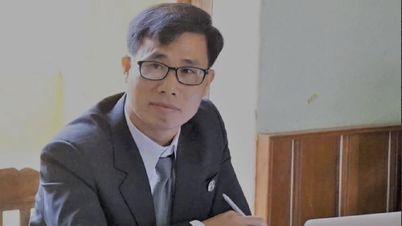





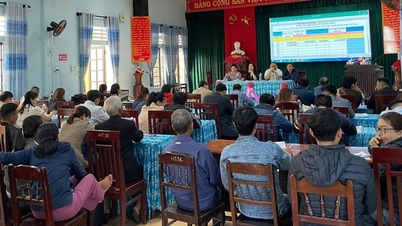
























































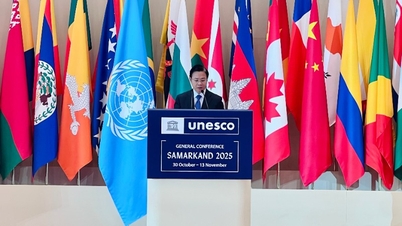








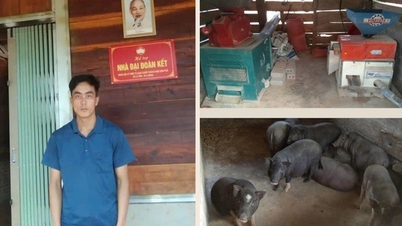






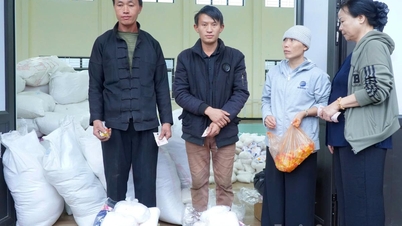





![Dong Nai OCOP transition: [Part 2] Opening new distribution channel](https://vphoto.vietnam.vn/thumb/402x226/vietnam/resource/IMAGE/2025/11/09/1762655780766_4613-anh-1_20240803100041-nongnghiep-154608.jpeg)













Comment (0)